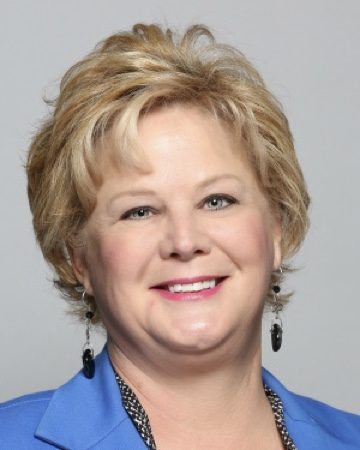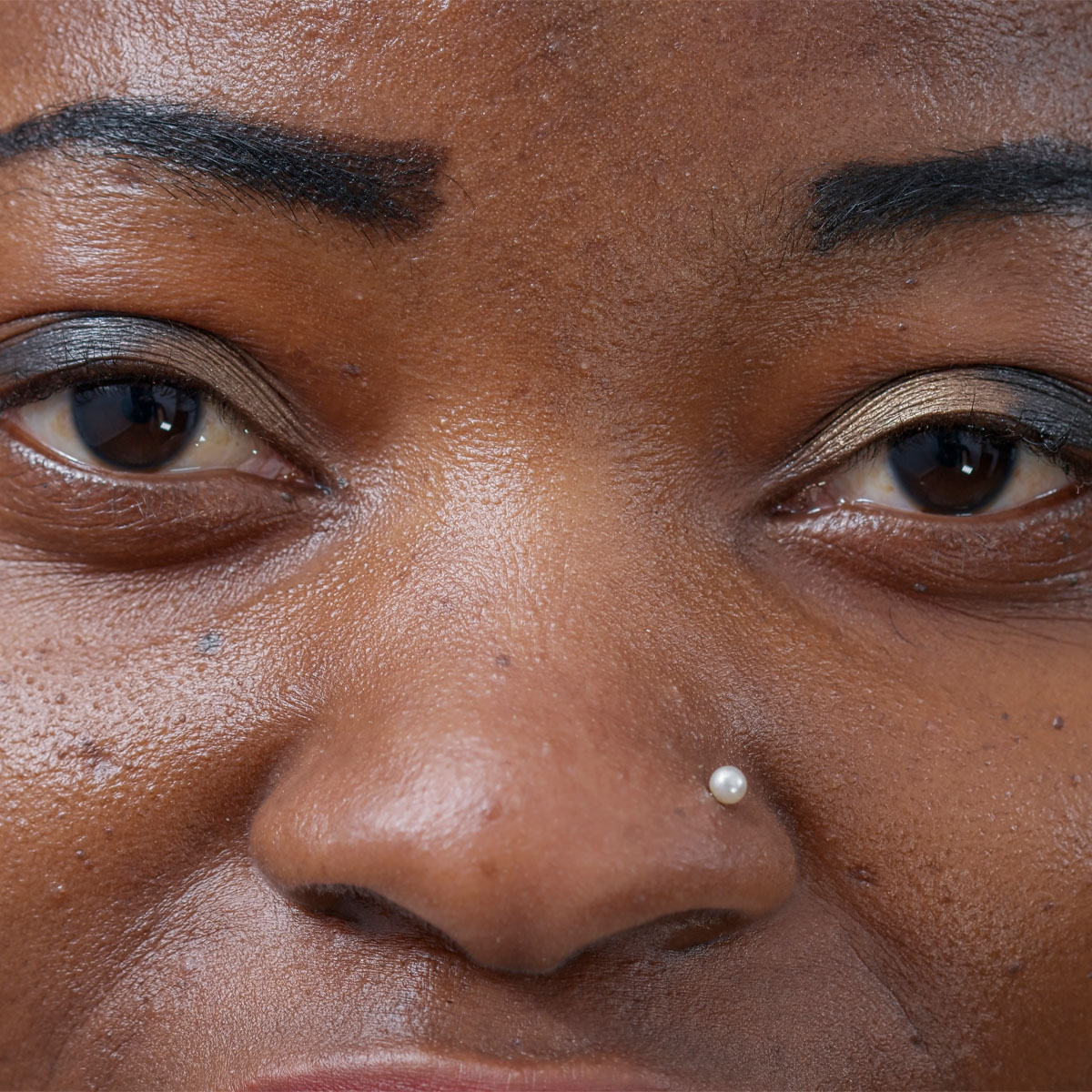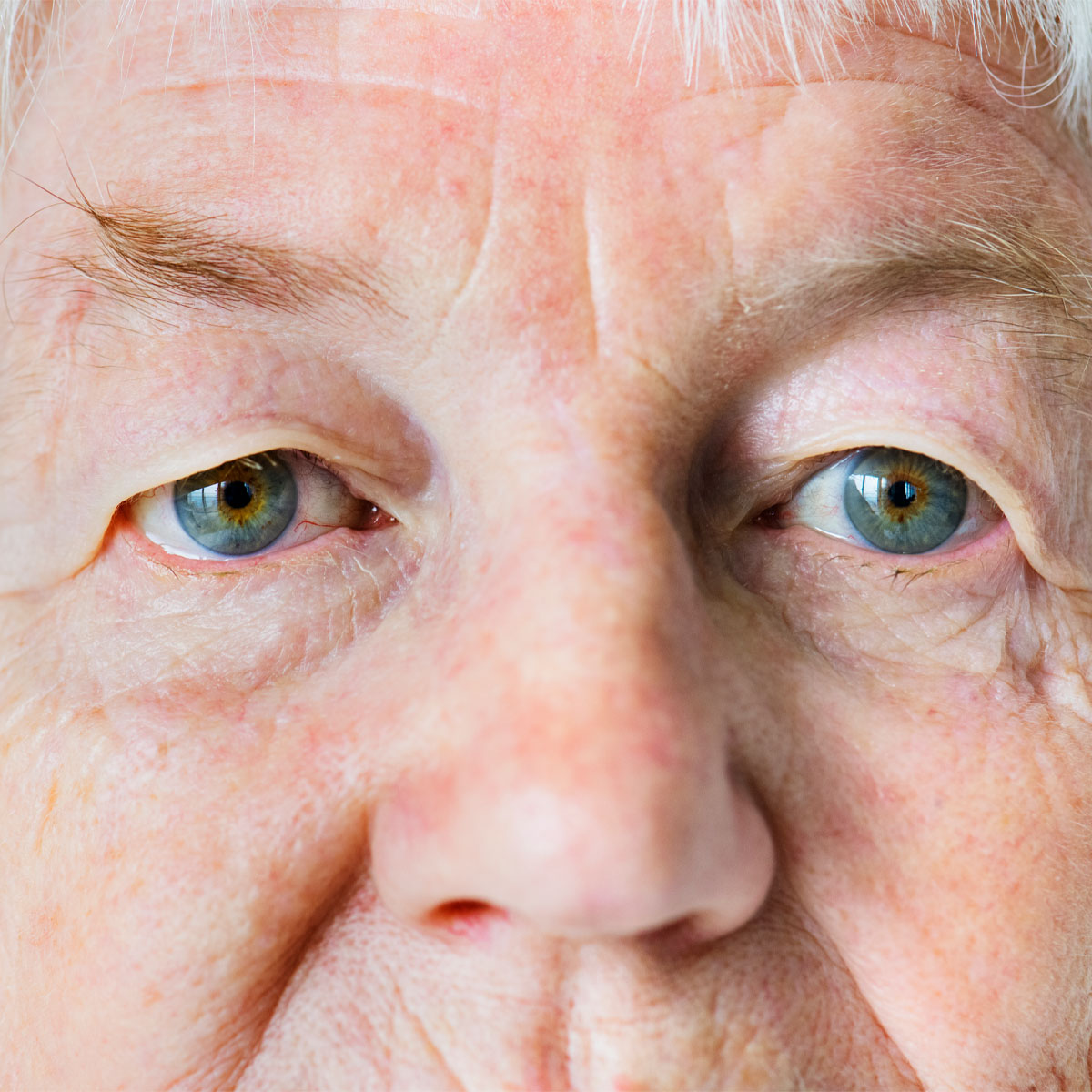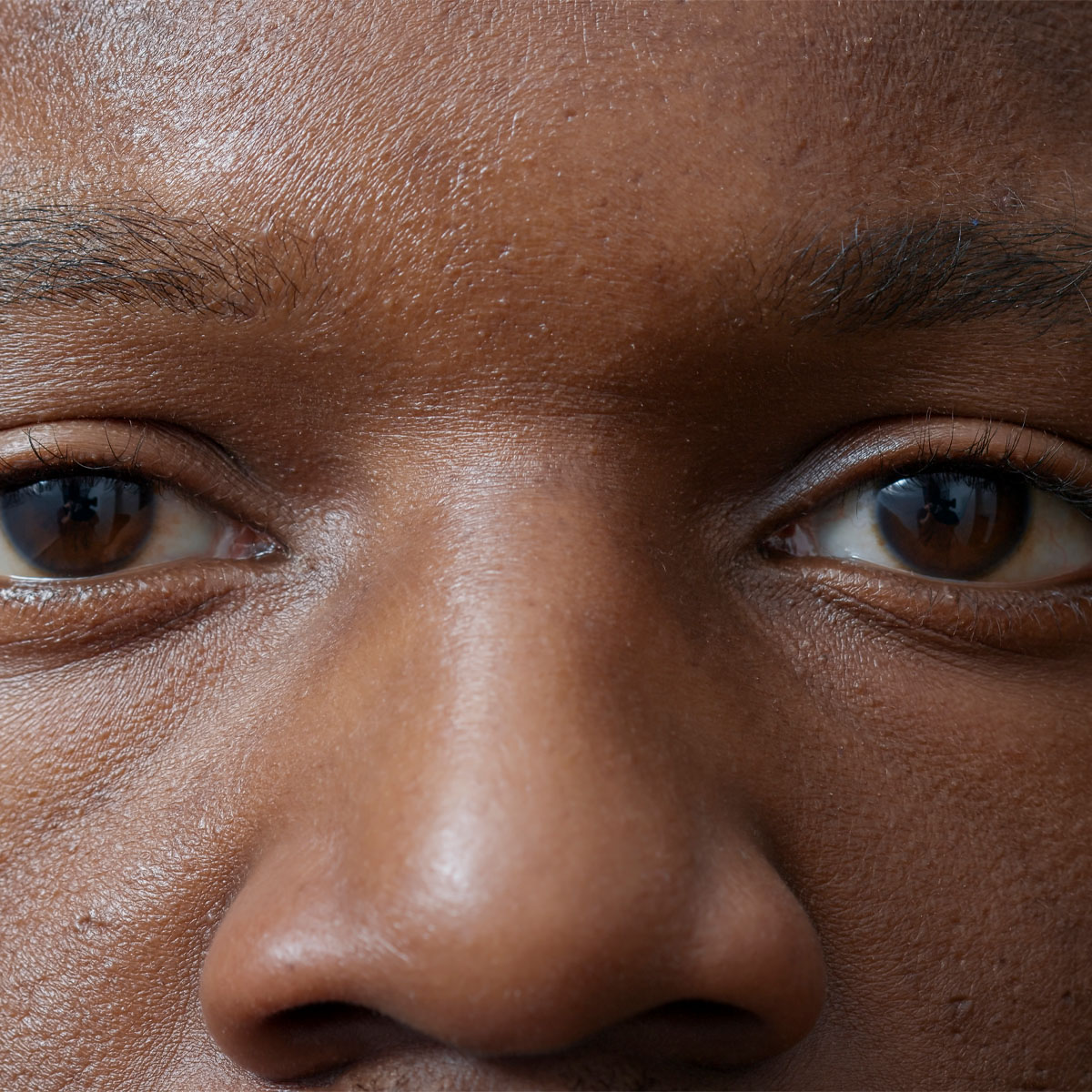
Hear the Voices of the Silent Army of Helpers
Stepping up to care for a family or friend does not come naturally for some people. Relationships are complicated and stressful times often reveals deep wounds of the past. Also, providing intimate hands-on care frightens away some very loving caring people. The first step is the process is defining needs.
“I don’t know what I am doing.” Listen, we are happy you showed up for duty. You will learn the ropes so give yourself some slack. Don’t forget to laugh at some of your ‘learning’ experiences.
“I feel guilty about living while my loved one is dying”. Finding a balance between self-care and caring for your loved one is vital when in the trenches. Feeling guilty is wasting your energy. There are many great social media caregiver support groups to join.
“I am uncertain about the future.” The sacrifices can be long, deep, and hard. Knowledge is power. Learning more about what to expect in this care journey frees up mental energy to commit to your own needs.
“I feel invisible.” According to Caring.com, 80% say that caregiving strains their personal relationships. You may feel forgotten, lost, and under-appreciated with all the activity and resources focused on your loved one.
“I am exhausted.” AARP conducts many studies on caregivers, they found that 58% of family caregivers burden to be moderately to highly stressful. Please, please find some respite care for your loved one and get yourself the rest and recovery you need.
We Come from Every Culture, Every Generation
Did you know that one quarter of all family caregivers under the age of 30? We have teenagers taking care of parents. Young adults caring for disabled siblings or maybe grandparents. There are many other relationships that turn this traditional parent/child dynamic upside down today leading to enormous levels of stress, exhaustion, and financial pain in today’s family caregivers. In fact, our national birthrate is declining fast. Families are smaller, less children than 50 years ago. Now an average family has less than two children. For many families that means that males and females both share in the caregiving journey. 40% of today’s caregivers are male.
Women Only is a Myth
We can no longer call it women’s work, or a “honey do” list. It is all of us. We come into caregiving with different skills and life experiences. However, research in this area reveals that our inner voices about this role have some very common themes like those listed above. Your health and your future are equally as important as the person you are caring for. Reach out to your loved one’s doctor or insurance company to find more help when the going gets tough. Thank you for your service.
Working Caregivers
Juggling a job and caring for a loved one can be challenging, but it can be done with careful planning and communication. Here are a few tips that may help:
- Communicate with your employer: Let your employer know about your caregiving responsibilities and see if there are any flexible work arrangements that could help, such as telecommuting or a flexible schedule.
- Prioritize and plan: Make a list of the tasks that need to be done for your mother and prioritize them by importance. Create a schedule that allows you to balance your work and caregiving responsibilities.
- Seek help: Investigate respite care options, such as in-home care or adult daycare, to give yourself some time off to focus on work or other responsibilities.
- Utilize technology: Investigate technology that can help you keep in touch with your mother and manage her care remotely, such as video conferencing or remote monitoring devices.
- Seek support: Reach out to support groups or counseling services for caregivers to help you cope with the emotional and physical demands of caregiving.
It’s important to remember that you cannot do it all by yourself, you should never be afraid of seeking help, be it from a professional or from family and friends. Caregiving can be demanding but with a plan and support, you can find a way to balance your job and your caregiving responsibilities.

Credit for Caring was built by Caregivers, for Caregivers
Our team comes from the ranks of family caregivers balancing care and careers, budgets, personal health, and setting priorities. Credit for Caring design removes friction caregivers encounter trying to find the right support and services for their loved ones. Join us.
Yours in Health,
Monica








